WHERE IT STARTED
In 2005, under an Australian Research Council (ARC) grant, the partnering organisations Queensland University of Technology, Creative Media Warehouse, The Brisbane Festival and The Queensland Orchestra undertook extensive reviews of many aspects of traditional and contemporary performing arts practice.
The project investigated and prototyped innovations which reinvent the orchestra from its current 19th Century form, to one which maintains artistic excellence but resonates with more recent changes in music consumption patterns, musical tastes, performance modes (e.g. immersive), distribution media, and the revolution in instrument design. A musical, technological, social and audience analysis of orchestral history informed an action research inquiry into possible future success paths. Resulting innovations will produce new models for orchestras and strengthen orchestral sustainability.
Publications that were generated from the ARC Grant: The 21st Century Orchestra: Researching and Developing Sustainable Models. LP0562290
Arthurs, Andy and Radbourne, Jennifer J. (2007) The Orchestra Reimagined.
https://eprints.qut.edu.au/10607/1/10607.pdf
Radbourne, Jennifer and Arthurs, Andy (2007) Adapting Musicology for Commercial Outcomes.
https://eprints.qut.edu.au/10457/1/10457.pdf
Lindblom, Shari (2006) Audience Connectivity in Orchestra Performance
https://eprints.qut.edu.au/20533/1/Shari_Lindblom_Thesis.pdf
Radbourne, Jennifer (2007) Business Model for the 21st Century Orchestra
https://dro.deakin.edu.au/eserv/DU:30008223/radbourne-businessmodel-2007.pdf
ONWARDS & UPWARDS
Since the ARC research project that DeepBlue was involved with and essentially emerged from, academics and industry experts have worked with DeepBlue to further understandings in this unique performance space. Working with researchers and creatives locally & globally with a continuing focus on audience and community engagement. DeepBlue was a partner for two CRC bids in the Creative Industries field, in particular DeepBlue’s Showtools suite of technologies was part of the early initiative of QUT’s Creative Lab. DeepBlue has also been involved in: co-creation projects with audiences; how audiences engage and use technology; YoungBlue as an education model for fostering entrepreneurism, and the nature of value co-creation in the creative industries.
You can find out more about how DeepBlue has contributed to research here:
ARC grant LP0989403 Remote Music Interactions Through Online Networks.
Dane Alexander (2010) Music co-creation project 1: An exploration and development of producer-consumer collaborations in music"
http://dane-alexander.com/collab2/
Andy Arthurs, Sophie Loades & Richard Grantham (2012) Development of Mobile Web App "ESP" for DeepBlue to interrogate how an audience is thinking.
https://eprints.qut.edu.au/70140/
https://eprints.qut.edu.au/68602/13/WAY_Performance_Research_Statement.pdf
Andy Arthurs, Kristina Kelman & Sophie Loades (2014) Preparing students for meaningful entrepreneurial careers
https://eprints.qut.edu.au/116534/
Makeham, Paul B., Donovan, Jared, Roberts, Jonathan M., Arthurs, Andy, Browning, Yanto, Hutchison, Stephanie, et al. (2017) The Travelling Garden of Life
https://eprints.qut.edu.au/112657/
Michael Whelan, Sofia Mavropoulou, Yanto Browning, Tara Simmons, & Suzanne Carrington. (2018) Opening doors to young people with autism for post school transition to university: Super conductor and the big game orchestra.
https://eprints.qut.edu.au/121645/5/121645.pdf
Whelan, Michael, Browning, Yanto, & Arthurs, Andy (2017) Super Conductor and the Big Game Orchestra.
https://eprints.qut.edu.au/111125/
Sophie Loades (2018) The impact of value co-creation: A service employee perspective
https://eprints.qut.edu.au/119153/1/Sophie_Loades_Thesis.pdf
WHAT'S NEXT?
Orchestras today need to continue to innovate and rethink ways of being in this world. There are many issues that orchestras need to address: from how orchestras can be financially viable, to orchestral repertoire choices, how orchestras can remain relevant and be a part of the cultural fabric of today. We aim to tackle these issues head on, offering an alternative to the traditional model and taking action on research outcomes and the problems found in today's classical music sector.
We will continue to innovate, research audience demand and music students need and cultivate growth.
If you’d like to undertake research with us get in touch - we are always looking to continue to innovate!

